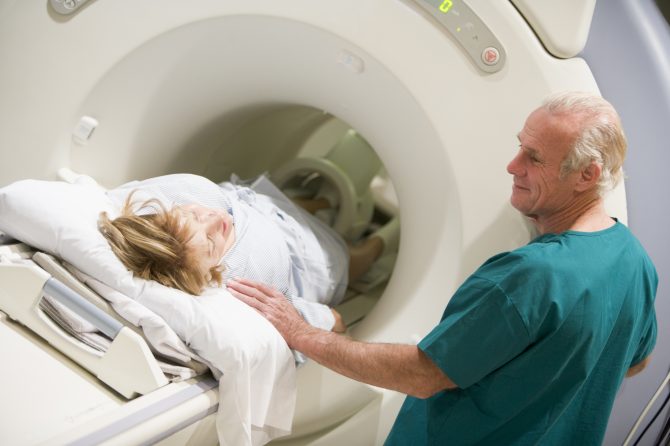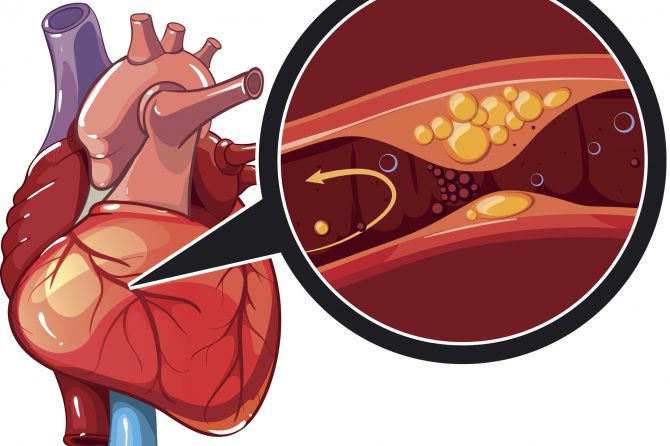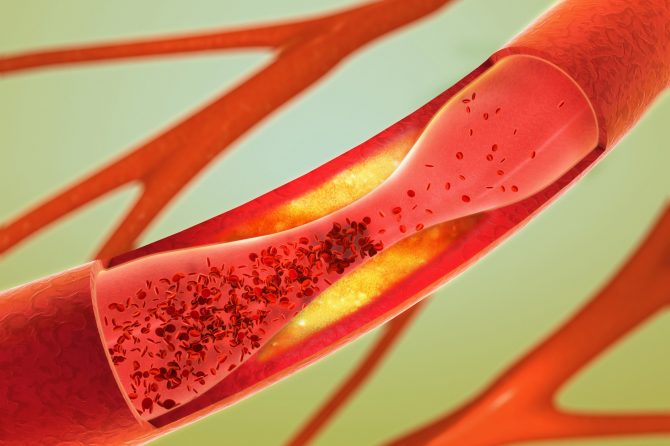
AICD welcomes new doctors in August and September 2025
AICD welcomes Dr. Andrew Adelsheimer in August 2025 and Dr. Lindsay Elbaum in September 2025 Dr. Adelsheimer comes to us from New York University Langone Medical Center. He is a non-invasive cardiologist who is board eligible for cardiovascular disease and nuclear cardiology. He will have office hours in the Springfield, New Providence, and Warren locations.
Read more








